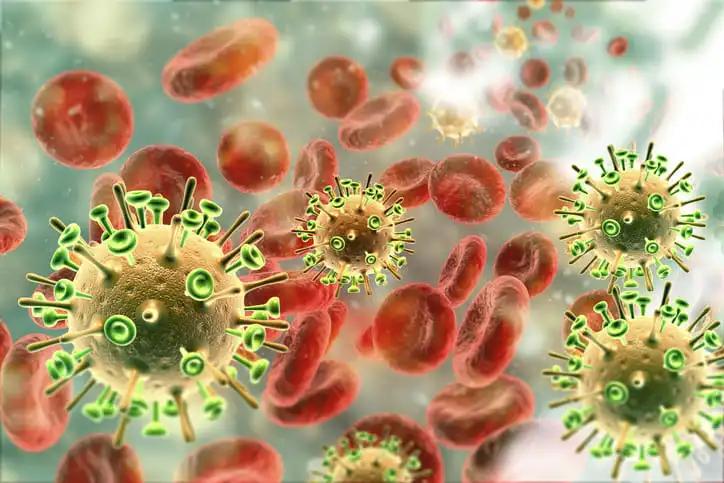KEY TAKEAWAYS
- The phase I/II trial aimed to evaluate the safety and efficacy of gene-engineered autologous T-cell therapy with NY-ESO-1-specific TCR.
- Autologous T cells were engineered to express NY-ESO-1 specific TCR and infused in synovial sarcoma pts.
- The study found that TBI-1301 shows promise in treating advanced synovial sarcoma with acceptable toxicity.
Synovial sarcoma is a rare cancer with a poor prognosis. NY-ESO-1 is expressed in 50-80% of synovial sarcoma patients (pts). Researchers aimed to evaluate the safety and efficacy of gene-engineered autologous T-cell therapy with NY-ESO-1-specific TCR.
The study manufactured TBI-1301 by stimulating each patient’s leukocytes using an anti-CD3 antibody and retronectin, followed by transduction with the NY-ESO-1 siTCR retroviral vector. These cells were then infused in two doses of 5 x 109 cells after two days of cyclophosphamide treatment at 750 mg/m2. This approach was applied to HLA-A02:01 or HLA-A02:06 positive pts with unresectable synovial sarcoma expressing NY-ESO-1 and unresponsive to anthracycline therapy.
About 8 pts received TBI-1301 treatment. They achieved a 50.0% objective response rate (ORR), with the best overall response(OR) being partial in 4 out of 8 subjects per RECIST v1.1/irRECIST criteria. The median overall survival(OS) was 650 days. Cytokine release syndrome(CRS) was observed in 50.0% of subjects (4/8), consisting of 1 subject with grade 1 CRS and 3 with grade 2 CRS. All individuals who experienced CRS recovered with specified treatments, including 2 with symptomatic therapy, 1 with tocilizumab, and 1 with both tocilizumab and corticosteroid. None of the subjects had immune effector cell-associated neurotoxicity syndrome (ICANS). Throughout the study, no cases of replication-competent retrovirus (RCR) or clonal dominance were detected.
The study found that TBI-1301 shows promise in treating advanced synovial sarcoma with acceptable toxicity.
Source: https://ascopubs.org/doi/abs/10.1200/JCO.2023.41.16_suppl.11558
Clinical Trial: https://classic.clinicaltrials.gov/ct2/show/NCT03250325
Akira Kawai, Mikiya Ishihara, Tomoki Nakamura, Shigehisa Kitano, Shintaro Iwata, Kohichi Takada, Makoto Emori, Koji Kato, Makoto Endo, Yoshihiro Matsumoto, Shigeki Kakunaga, Eiichi Sato, Yoshihiro Miyahara, Kunihiko Morino, Shinya Tanaka, Shuichi Takahashi, Akihiko Matsumine, Shinichi Kageyama, and Takafumi Ueda. DOI: 10.1200/JCO.2023.41.16_suppl.11558 Journal of Clinical Oncology 41, no. 16_suppl (June 01, 2023) 11558-11558.



